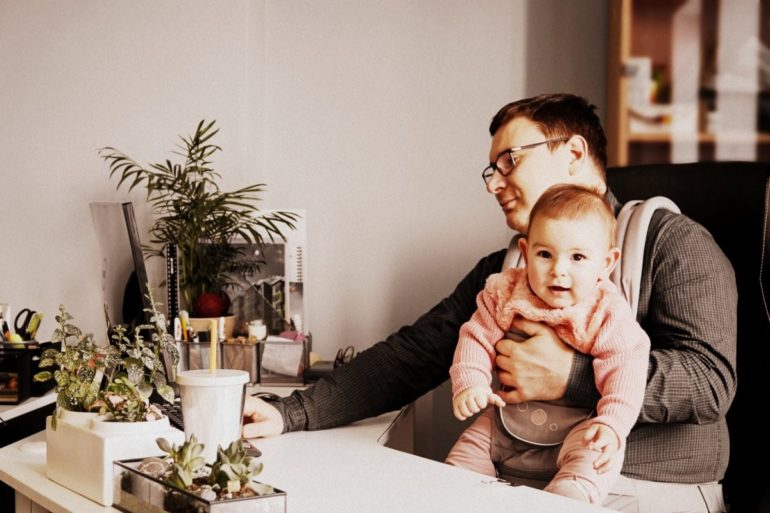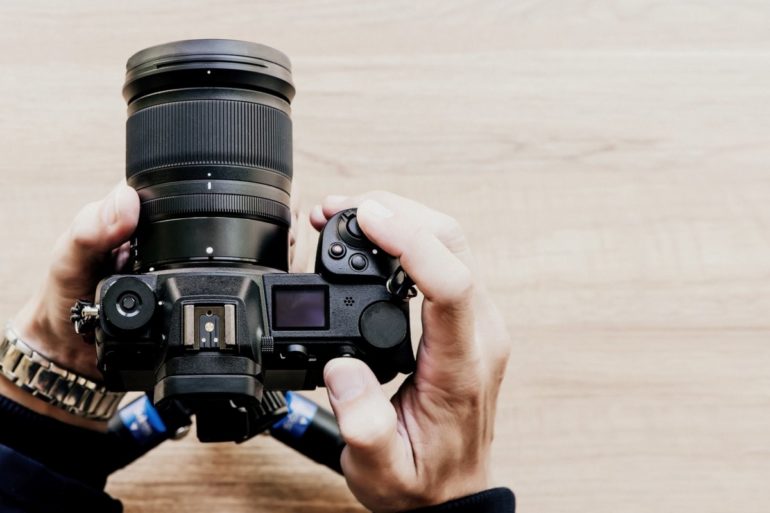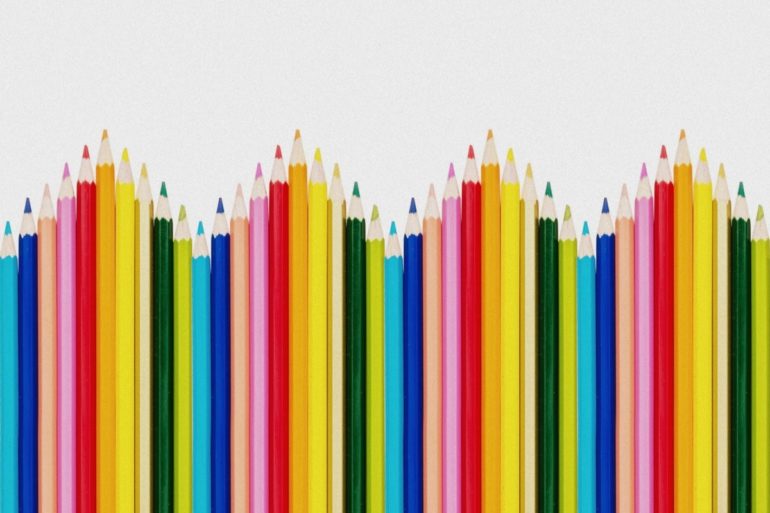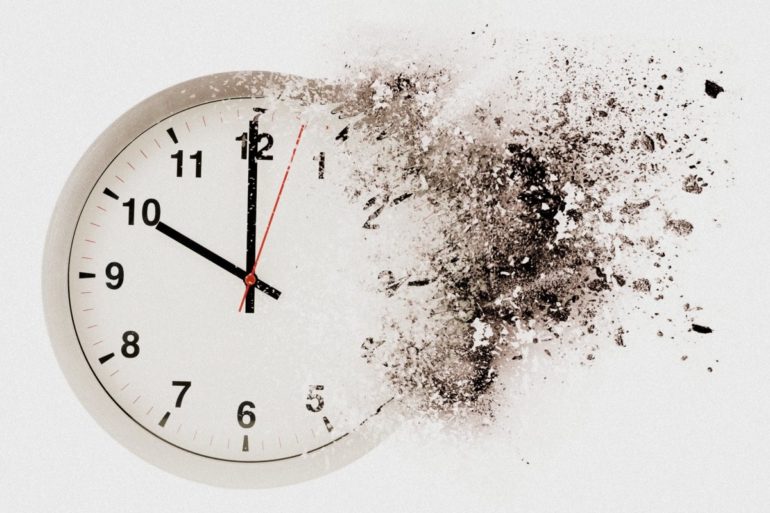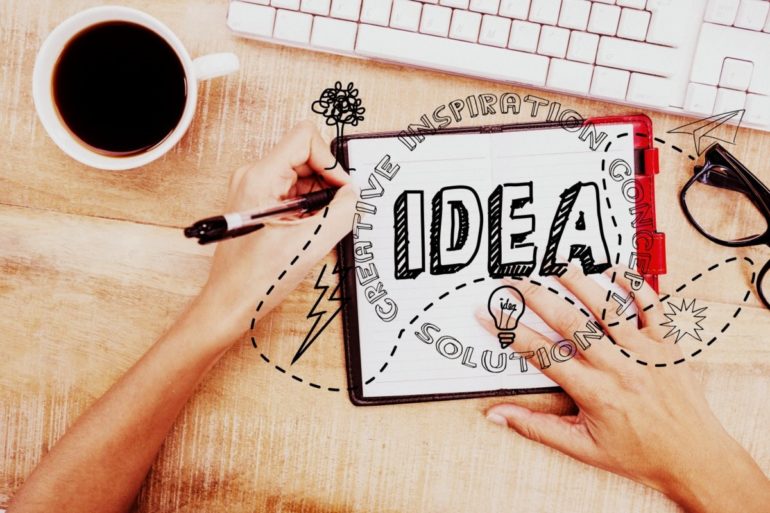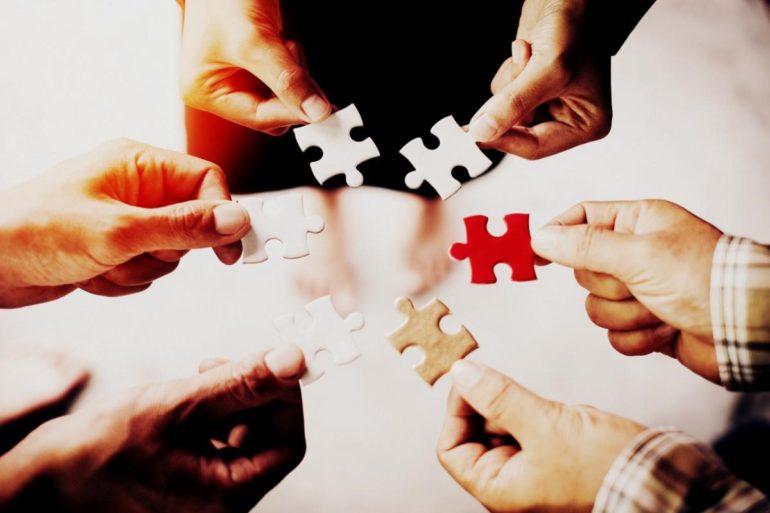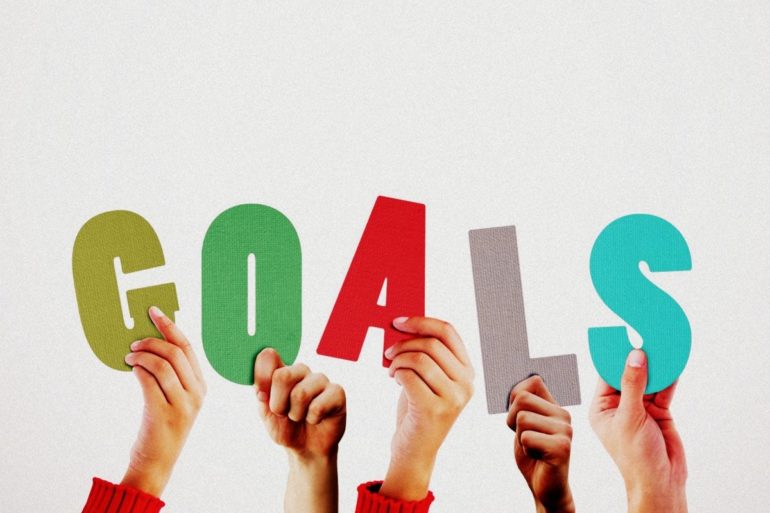One of the keys to happiness -- as well as productivity and effectiveness at work -- is finding work you love, that you’re passionate about. Work you want to do, instead of just have to do.
Do you ever have one of those days when you just can’t seem to find focus?
We all procrastinate. I put off writing this article by doing a bunch of smaller tasks, for example. They were less important and I knew it, but they were quick tasks and so easier than writing an article on a tough topic.
I make a living doing what I love, and doing what you love for a living is fantastic.
In the not-too-distant past, young people aspired to become lawyers and doctors. Now they yearn to achieve the celebrity of a Mark Zuckerberg or Oprah Winfrey -- and these goals extend to adults as well.
Backpackers scored 50 percent better on a creativity test after spending four days in nature disconnected from electronic devices, according to a study by psychologists from the University of Utah and University of Kansas.
Researchers had students think up solutions to problems while acting out various metaphors about creative thinking - and found that the instructions actually worked.
If you don’t know how, learn how. Use that fancy brain that learned how to walk, talk, and read. It’s still capable of further learning, is it not? Of course it is!
We all have days when we’re just not very inspired, when we need passion and creativity breathed into us.
People are better able to exercise self-control when they choose goal-pursuit strategies that fit with their promotion or prevention focus.
Do you have difficulty saying “no”? Are you always trying to be nice to others at the expense of yourself?
Have you ever had the experience of looking back on your week with the sinking feeling that you didn't get as much done as you'd hoped?
A researcher demystifies this game of success, and shows that exceptional performance is not necessarily the direct result of special talent, experience, or sheer luck.
The most common problem faced by anyone trying to create something - no matter what their subject or level of experience - is lack of inspiration.
When someone has a great idea, they hoard that idea. They don’t give it away. They shelter and protect it. They keep it to themselves in fear that someone else might take it. Why would you do that?
It's a huge limiting belief to assume that going faster means you’re doing something wrong and creating too much stress.
You know what it's like: No focus, lots of stress, lots of mental exhaustion without really getting anything done.
I don’t know about you, but I want more than just security. I want to live, not simply survive.
Excuses are lies we tell ourselves to avoid dealing with unpleasant truths. But as long as we buy into those excuses, we can never move past them.
Some lessons that apply equally to getting buff and to building your business
If you accept a job, a relationship, or a lifestyle that you merely tolerate -- but don't appreciate -- you’re putting other concerns ahead of your own happiness.
Procrastination, the habit of putting tasks off to the last possible minute, can be a major problem in both your career and your personal life. Side effects include missed opportunities, frenzied work hours, stress, feeling overwhelmed, resentment and guilt.
But after studying common roadblocks to problem-solving, a cognitive psychology researcher has developed a toolkit for enhancing anyone's skills.
The people around you dictate your success. They can also forecast our failure.
It’s amazing how one simple, easy, positive action can change so much in a person’s life. One of the things that has had the biggest effect on my life is the realization of the power of gratitude. Simply giving thanks.
There are a lot of people who read self-improvement blogs and books, but never put them into action. Are you one?
Can money buy happiness? Is ignorance truly bliss? Are happy people shallow and unaware of the problems of the world? Can a person be too happy?
I couldn't motivate myself to do anything important this morning, which is a rare thing for me. I started to doubt myself, and wonder whether anything I do is worthwhile.
When people consider a particular goal, they often worry about the time commitment: 'If I start a business now, it could take years to make it profitable.' Such thoughts reveal a total misunderstanding of the nature of time.
First, you must decide exactly what it is you want to accomplish. And secondly, you must determine what price you'll have to pay to get it, and then resolve to pay that price.





